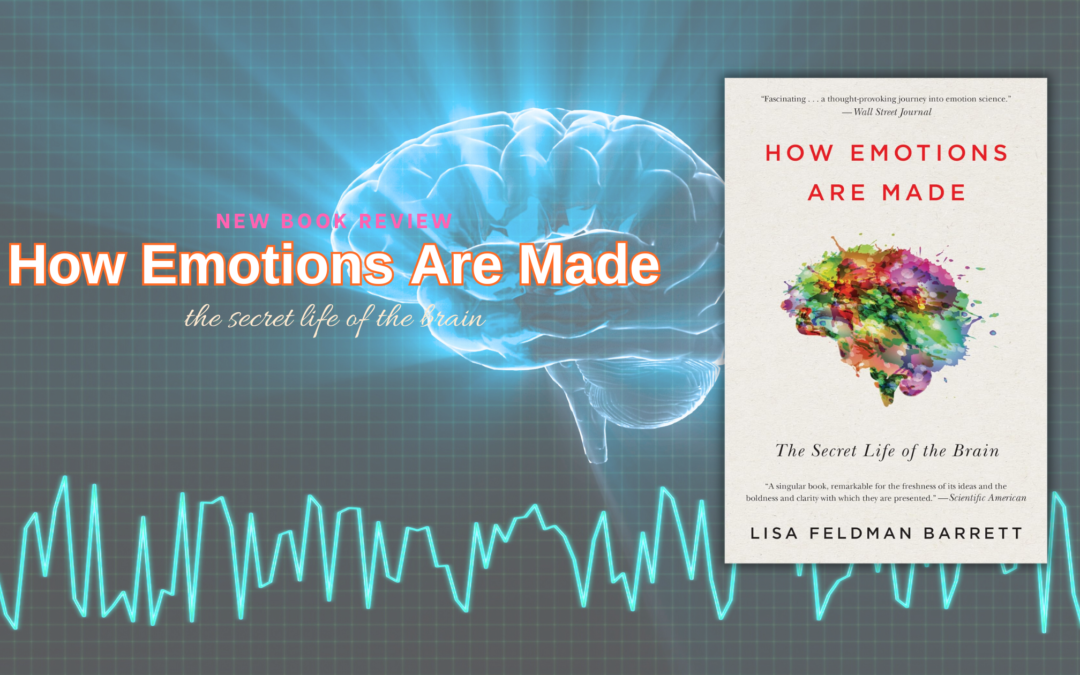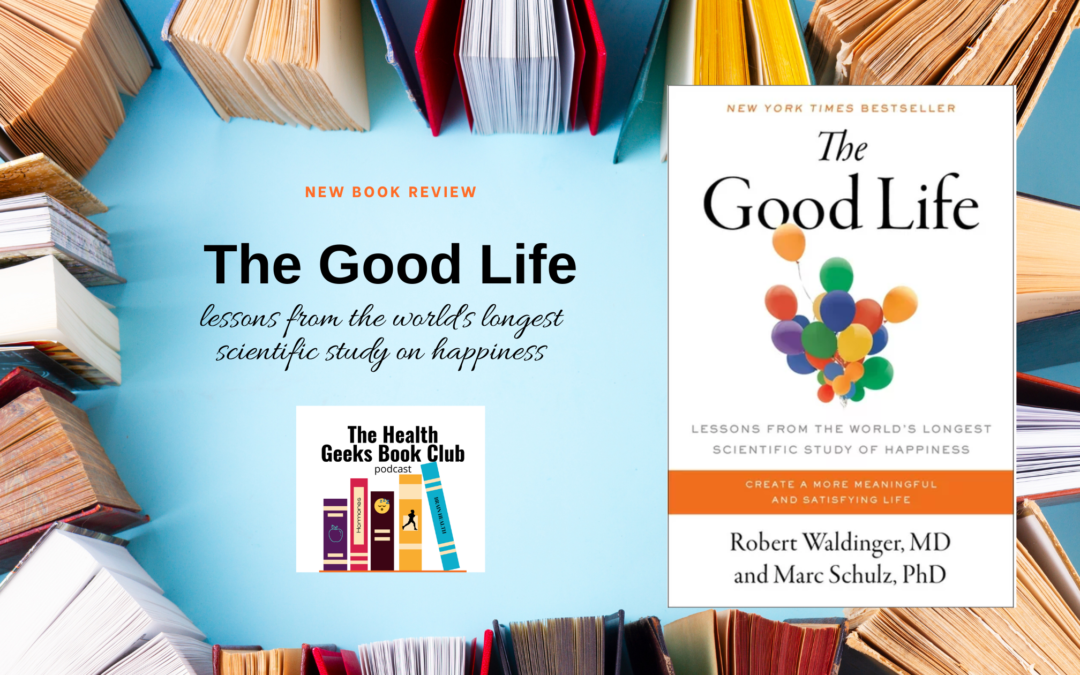Do you know your metabolism well? Maybe you wish you could speed up your metabolism. There are plenty of gimmicks and so-called solutions out there promising to boost your metabolism and get you FAST results. But what does that really mean? Are we able to “BOOST” our metabolism? Do we need a fast metabolism? Dr. Jade Teta, the author of Next Level Metabolism, says no. we don’t. Instead, we need a flexible metabolism. Here’s what you need to know in order to better understand the metabolism and keep it flexible.
What is metabolism?
Metabolism is the process of turning food into energy. It is a sum of complex chemical reactions that take place within our cells. The energy generated from these reactions is needed for bodily functions that keep us alive. Even if we are lying still, not moving a muscle, we need a good amount of energy for our lungs to breathe, our liver to function, our brain to think, and so on.
- The rate at which we use energy is called the metabolic rate.
- The total energy we use at rest is called the basal metabolic rate (BMR).
- Beyond using energy at rest, we require energy for all movement (walking, activities, exercise) and digestion (the thermic effect of food.)
Any easy way to think about metabolism
Jade starts his book, Next Level Metabolism, with a great analogy. He says we can think about metabolism as a barometer and thermostat. It’s always changing in response to the conditions to which it’s exposed. Much like your thermostat in your house when it is set to 70 degrees, it is constantly striving to maintain that temperature and, to do so, makes adjustments based on what it is sensing in the environment. Your metabolism does the same to maintain balance. It is constantly sensing the environment.
What is your metabolism sensing?
The simplest answer is STRESS. Anything that threatens the status quo of your metabolism can be seen as metabolic stress. Doing the following for a prolonged period of time can result in a stressed-out metabolism.
- Intense cardio workouts
- Psychological stress (lots of cortisol)
- Calorie Restriction/Dieting
Dieting = Stress On Your Metabolism
It’s no wonder, then, that when you are on a diet, your metabolism fights back with all its might to fix the problem. It senses that something is wrong and focuses on helping you survive this stress. Typically by signaling you to move less or eat more. Dr. Jade Teta uses a rubberband to explain this. When we go on a diet that has us exercising more and eating less, it’s like pulling on a rubberband so far that it snaps back, often overcorrecting itself. He goes on to explain that we can look for certain signals that indicate the metabolism is under stress.
How do you know when your metabolism is under stress?
When the following is out of check, the metabolism is likely under stress:
- Sleep
- Hunger
- Mood
- Energy
- Cravings
- Exercise performance and recovery
- Digestion
- Libido
- Menses
How Do You Support a Healthy Metabolism?
Reducing stress (both mentally and physically) can support a healthy, flexible metabolism. Stress-reducing activities like walking at a comfortable pace, deep breathing, yoga (with a focus on breath work), meditation, tapping, getting a good night’s sleep, and so forth may be far more beneficial than hitting the gym for that 1-hour cardio session.
Monitor your hunger, cravings, mood, energy level, and so forth for any major disruptions. These will provide feedback that you’ve pulled the rubberband too far. Instead of intense workouts coupled with way too few calories, try…
A) eating enough to fuel your workouts
or
B) swapping out the intense workouts for more relaxing movements/walking while eating a reasonable amount.
Want to explore this topic further?
Tune into the Health Geeks Book Club Podcast, where Eleanor Russell and I (Kristen Norton) share many more tidbits we learned from reading Next Level Metabolism.
(Listen on Spotify)



